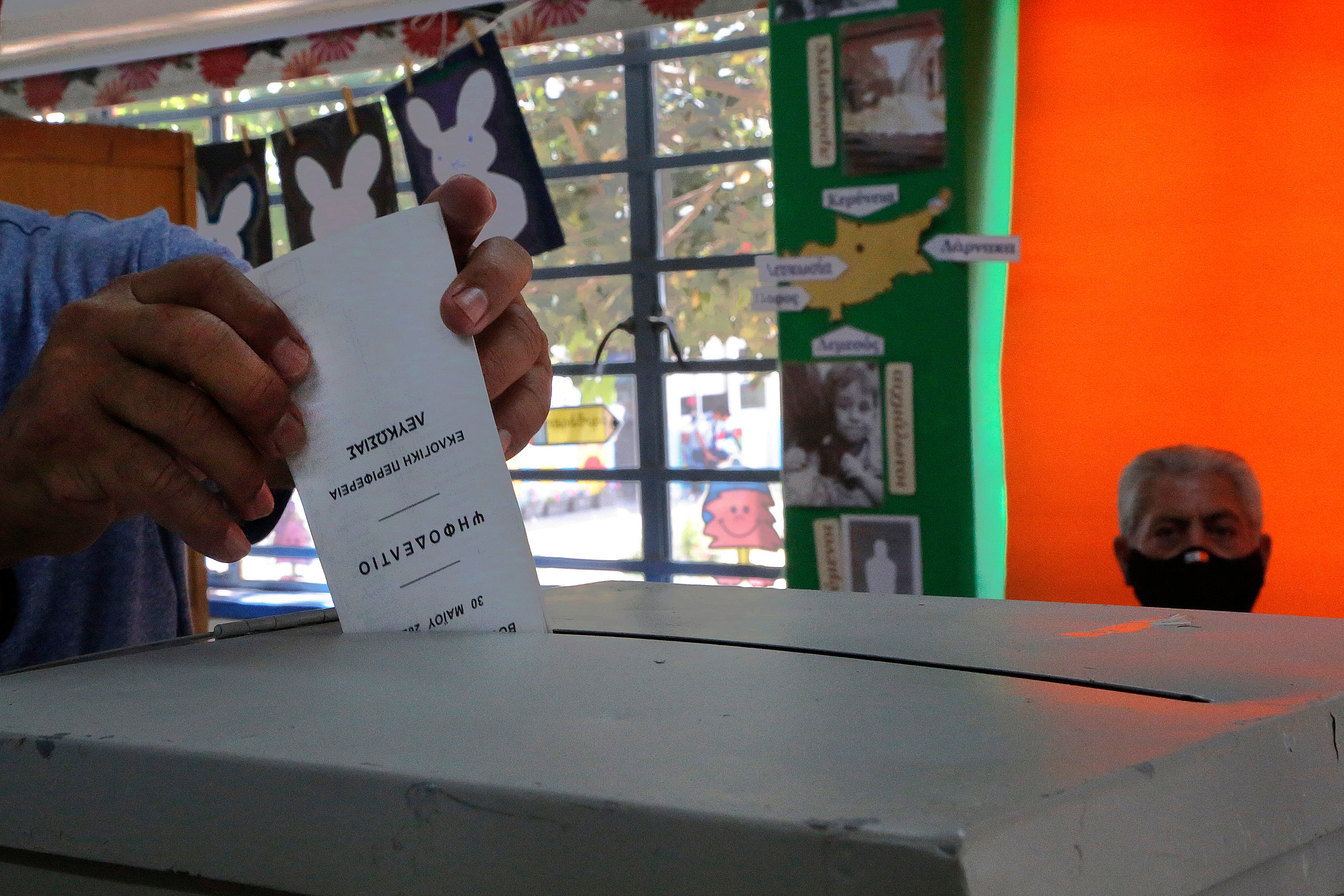Small parties look to gain in Cyprus' parliamentary vote
Cypriots are voting to elect a new parliament

Cypriots voted Sunday to elect a new parliament, with opinion polls suggesting that the country’s two main parties will hemorrhage support as disenchanted voters seek out alternatives among smaller parties.
The election won’t affect the running of the government on the divided Mediterranean island nation, as executive power rests in the hands of the president, who is elected separately.
The island's 558,000 eligible voters were choosing among 21 political parties for the 56 Greek Cypriot seats in parliament.
Casting his ballot, Cypriot President Nicos Anastasiades urged citizens to “abandon the couch” and vote so they won’t “give others the right to decide for them.”
Among the parties projected to make gains is the far-right ELAM party, whose strong showing in the previous election five years ago surprised many.
Among the key campaign issues were the country's handling of the COVID-19 pandemic and the hoped-for economic reboot as the country ramps up vaccinations. Migration has also been an issue as the Cypriot government insists it has exceeded its limits and can no longer receive more migrants.
Smaller parties have appealed to voters to turn their backs on the country's largest party, the center-right DISY, which they said is burdened by a legacy of corruption.
An independent investigation into Cyprus' now-defunct investment-for-citizenship program found that it unlawfully granted passports to thousands of relatives of wealthy investors, some with shady pasts. DISY bore the brunt of the criticism because it backs the policies of Anastasiades, the party’s former leader.
DISY President Averof Neophytou appealed to traditional supporters not to turn parliament into collection of fractured smaller parties that he claimed would gridlock the law-making process.
The country’s second-largest party, the communist-rooted AKEL, is also projected to lose support.